Hurricane Milton has left a trail of destruction as it pummelled Florida’s coastal areas, damaging homes, flooding roads and knocking out power for millions.

Florida Gov. Ron DeSantis said the extent of the damage from the Category 3 storm was still being assessed, but it “was not the worst-case scenario” that many had been bracing for.
“The storm was significant, but thankfully, this was not the worst-case scenario,” he said during a news conference Thursday.
“We will better understand the extent of the damage as the day progresses.”
Milton made landfall near Siesta Key in Sarasota County on Florida’s west coast Wednesday night, with maximum sustained winds at 120 m.p.h., according to the National Hurricane Center.
Photos and videos of the storm’s aftermath showed fallen trees, submerged vehicles and damaged infrastructure in different cities.
Drone images taken from above Tampa Bay’s Tropicana Field showed the roof in tatters.

More than 3.3 million people across the state were without power Thursday morning, according to tracking website poweroutage.us.
At least five people were reported dead, officials said.

Get breaking National news
About 90 minutes after making landfall, Milton was downgraded to a Category 2 storm. By early Thursday, the hurricane was a Category 1 storm with maximum sustained winds of about 85 m.p.h. (135 km/h) and leaving the state near Cape Canaveral.

Drone video shows flooded neighbourhoods, destruction in Florida in wake of Hurricane Milton
However, officials are still warning about the hazards that remain in the aftermath of the storm.
The National Weather Service is cautioning people to “watch out for downed power lines and damaged buildings.”
“Avoid floodwaters as they can hide a variety of dangers, and never drive through them, as it doesn’t take much to sweep your car away,” the NWS said on X.
— with files from The Associated Press
- 3 in 10 Albertans would vote for independence — but only half committed to separating: poll
- China’s envoy says Beijing, Ottawa ‘eye to eye’ on supporting Greenland
- Intense cold forces flight delays, cancellations at Canadian airports
- Public sector unions say nearly 10K employees got layoff notices this week



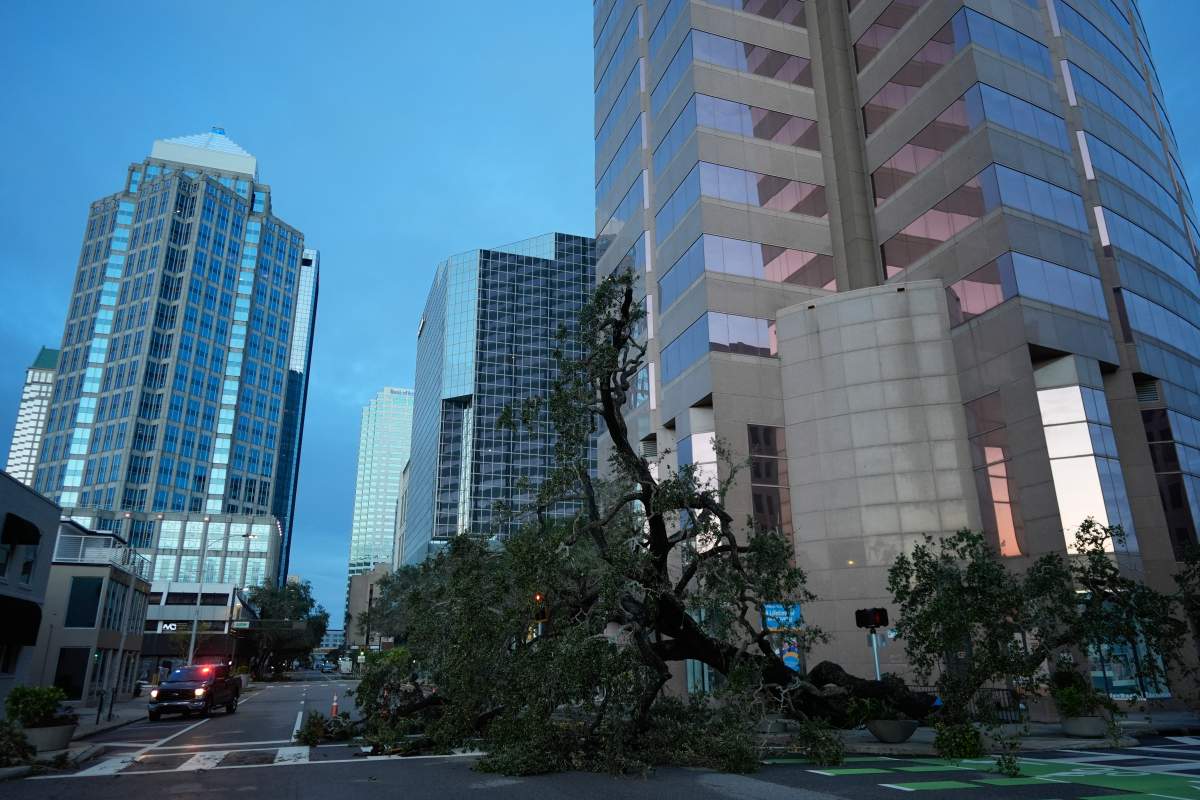
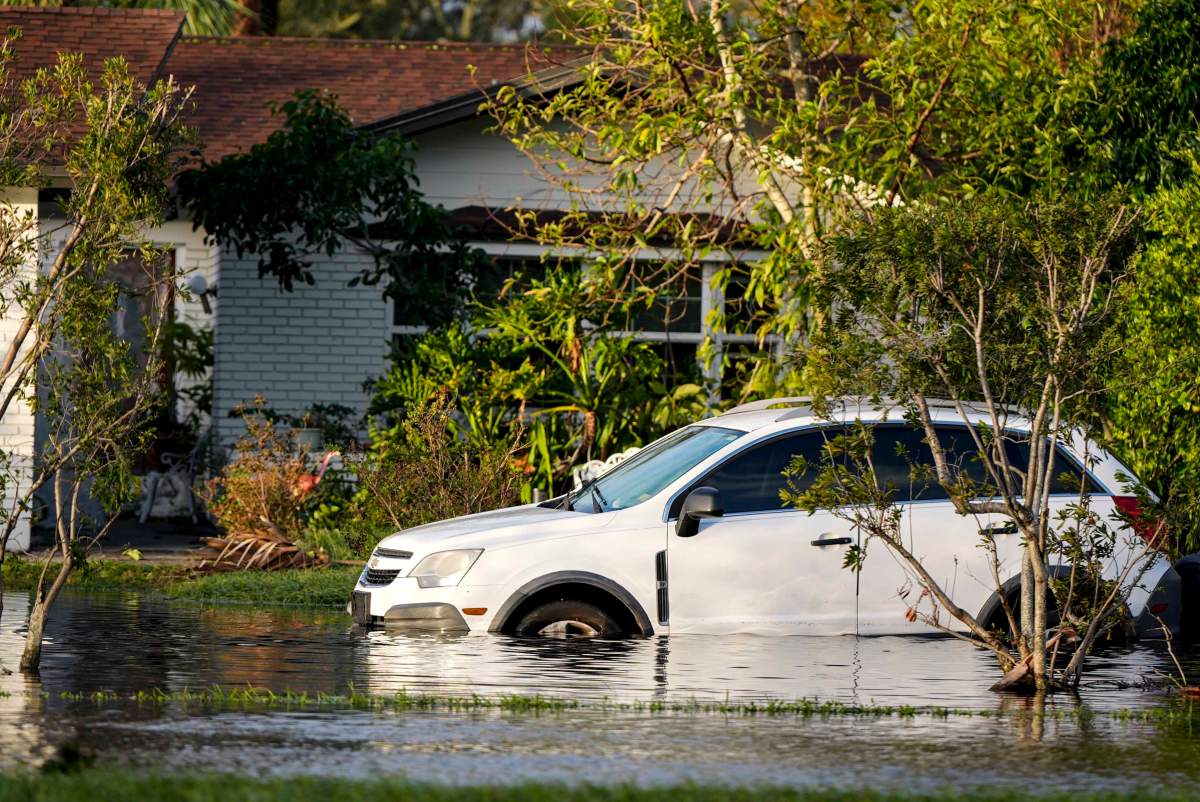


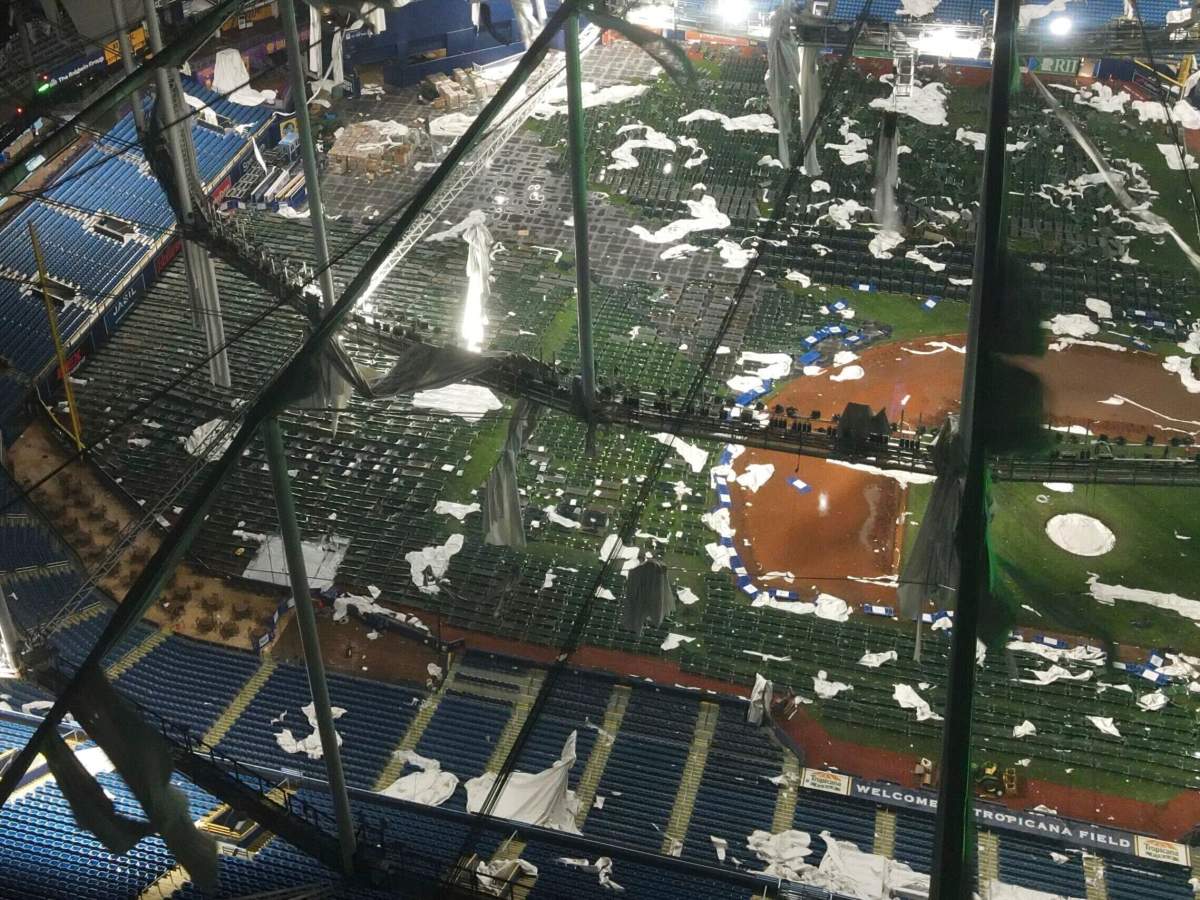









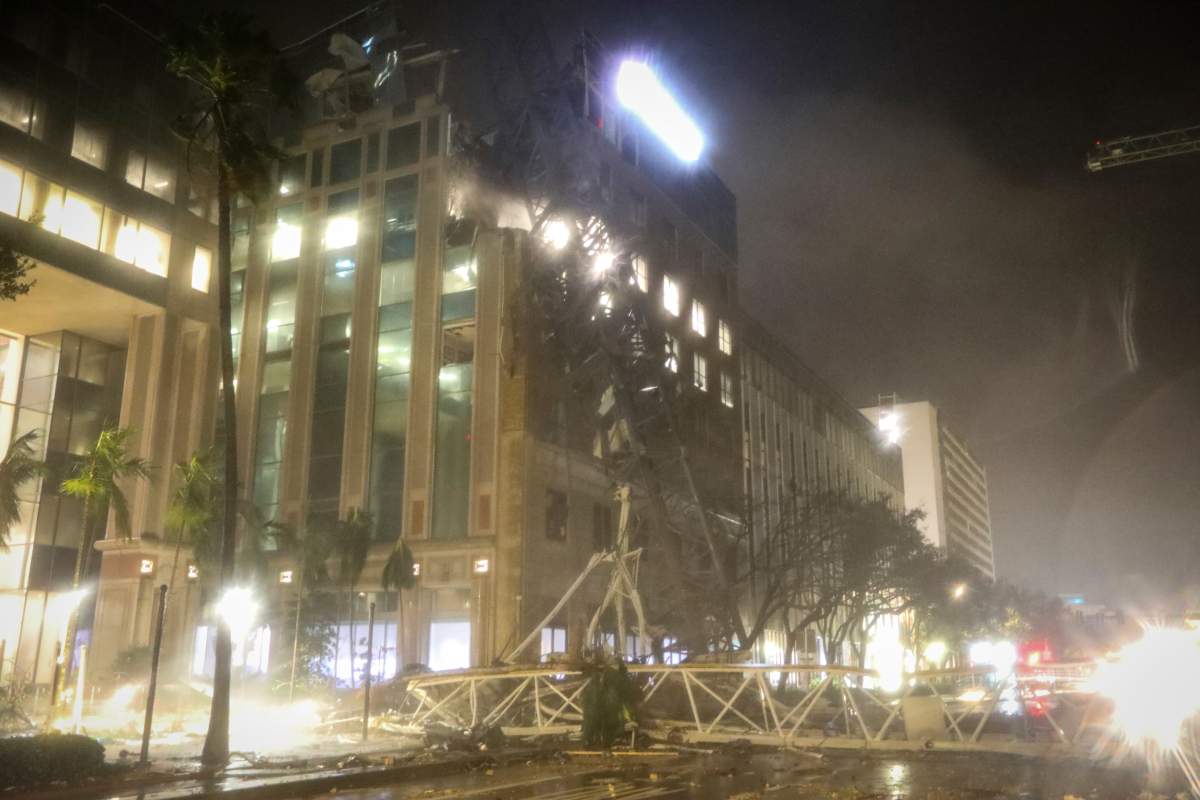
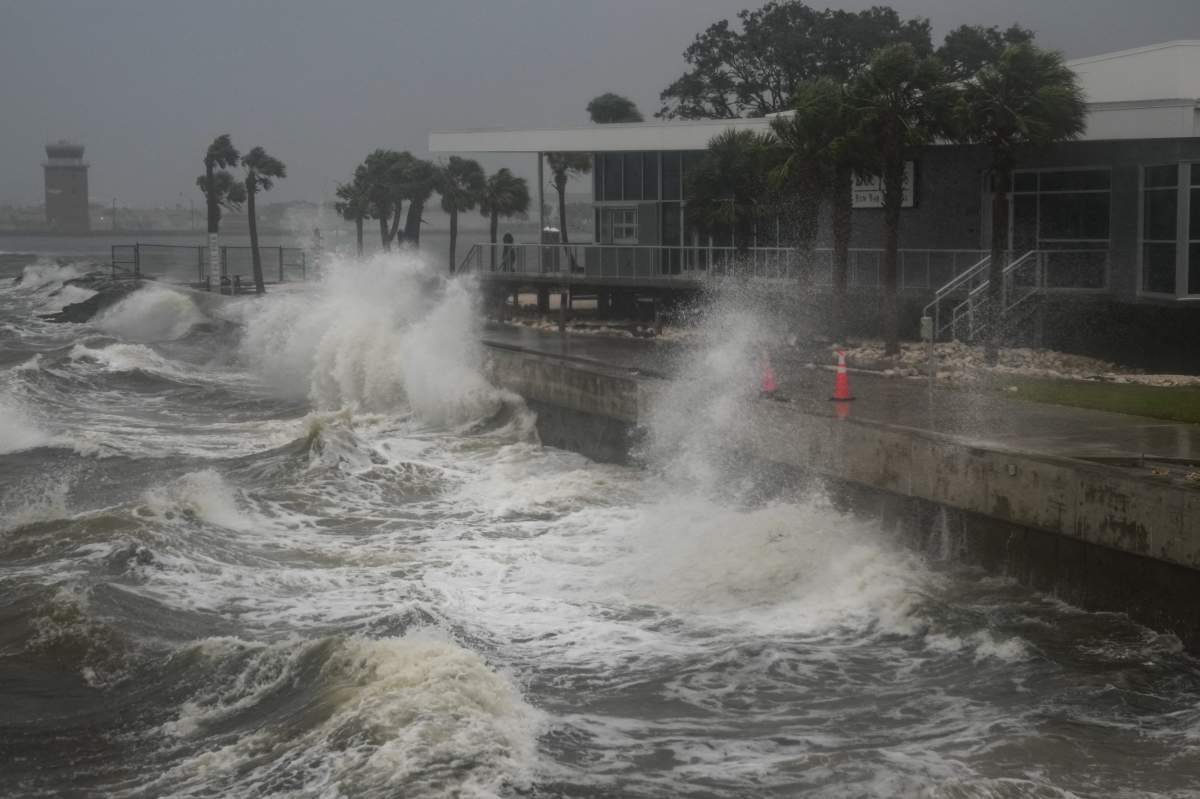
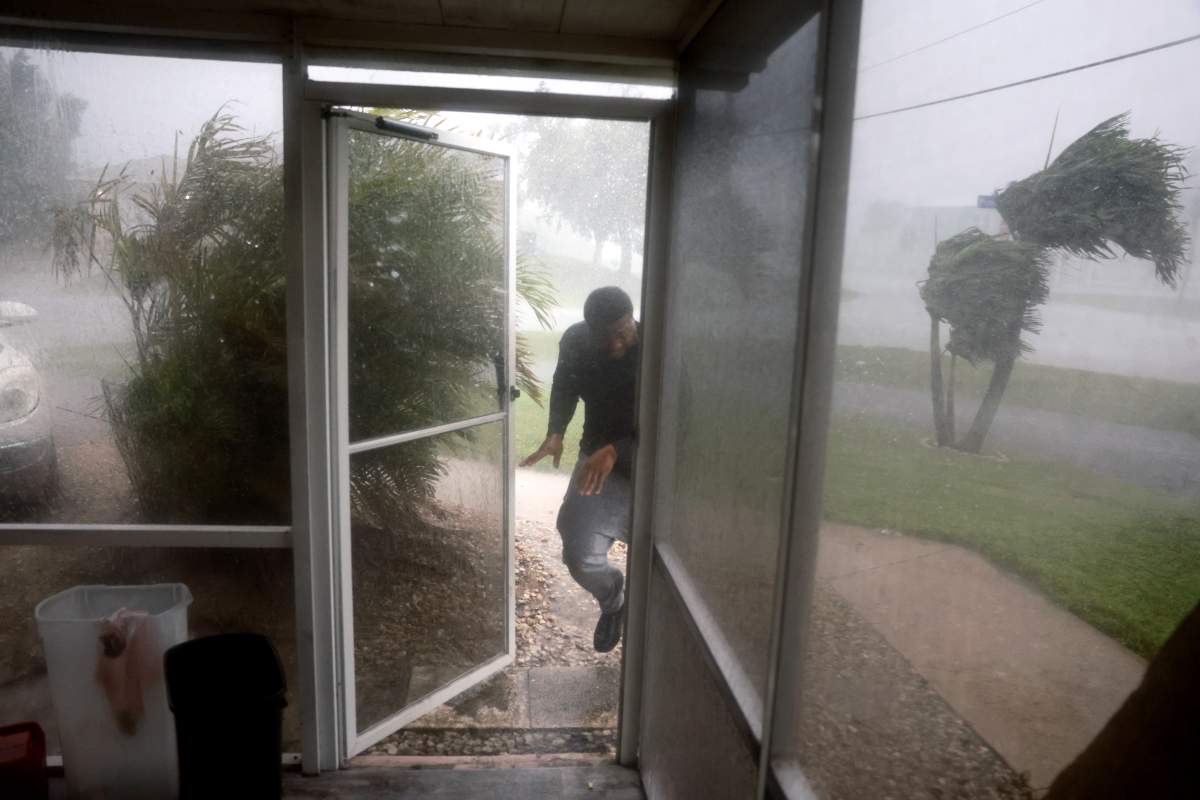
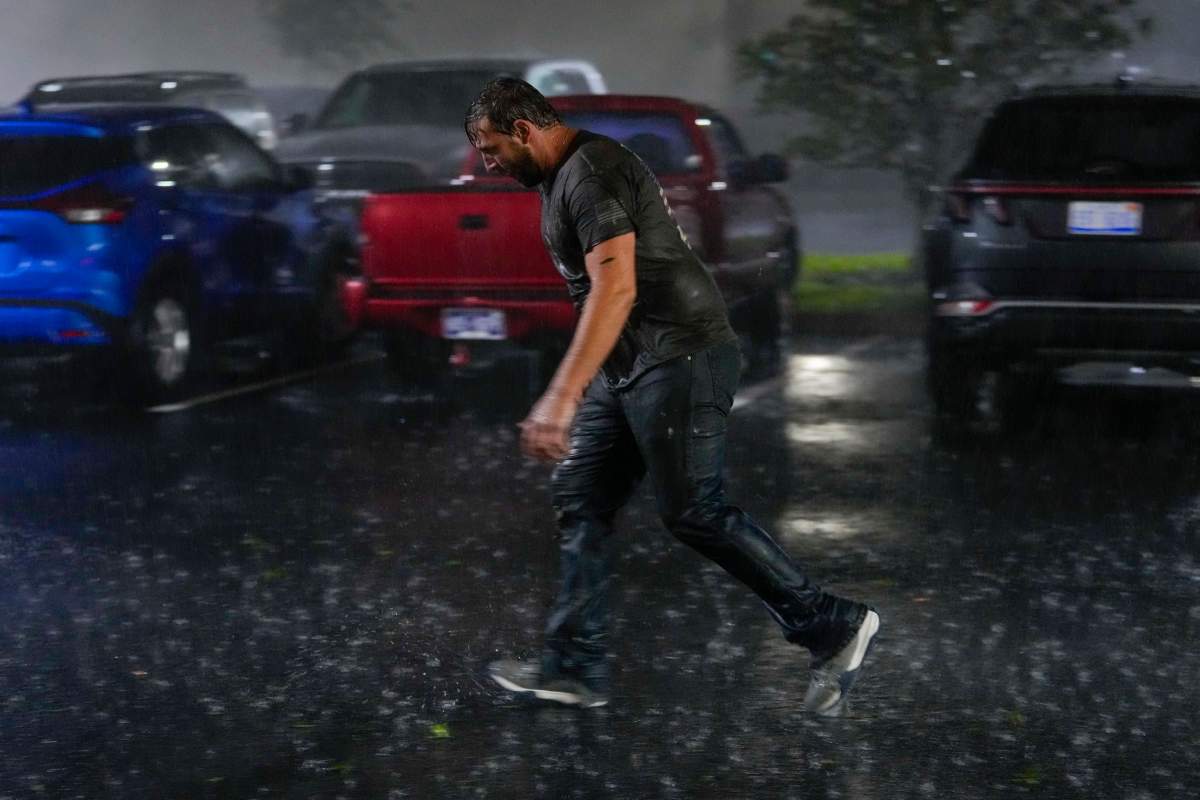
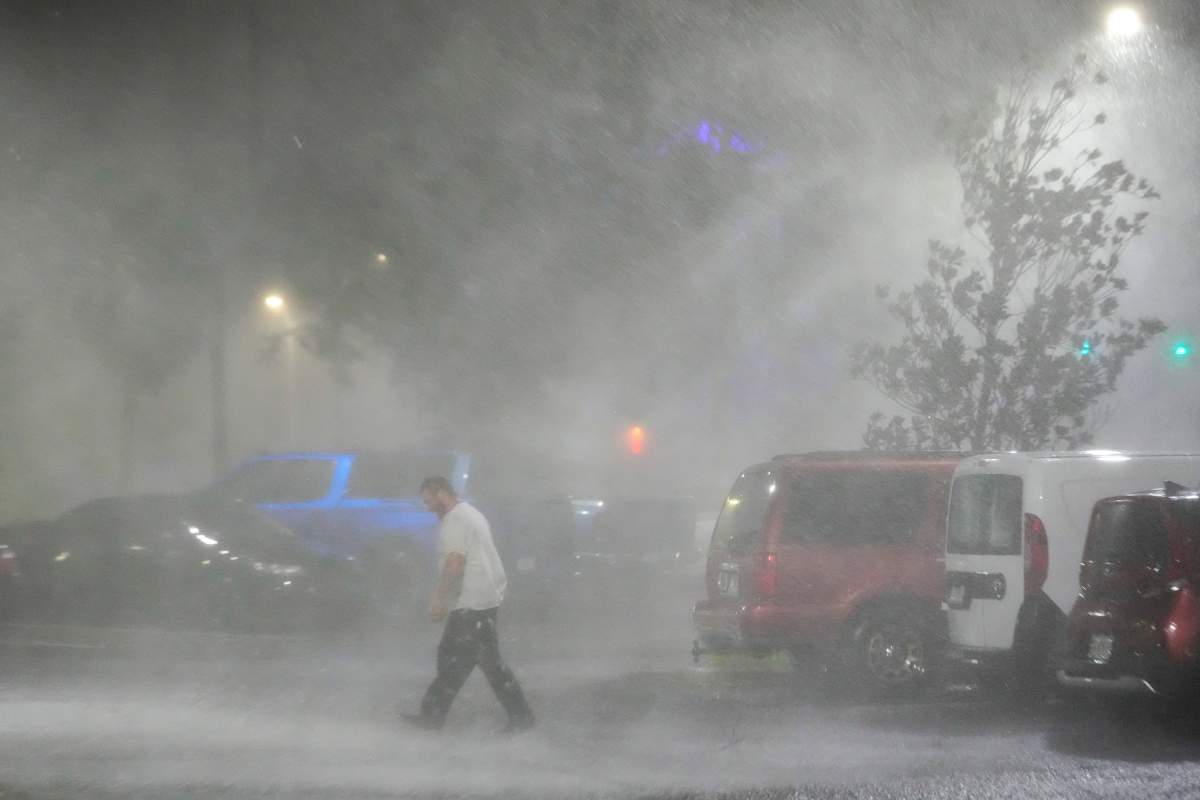





Comments